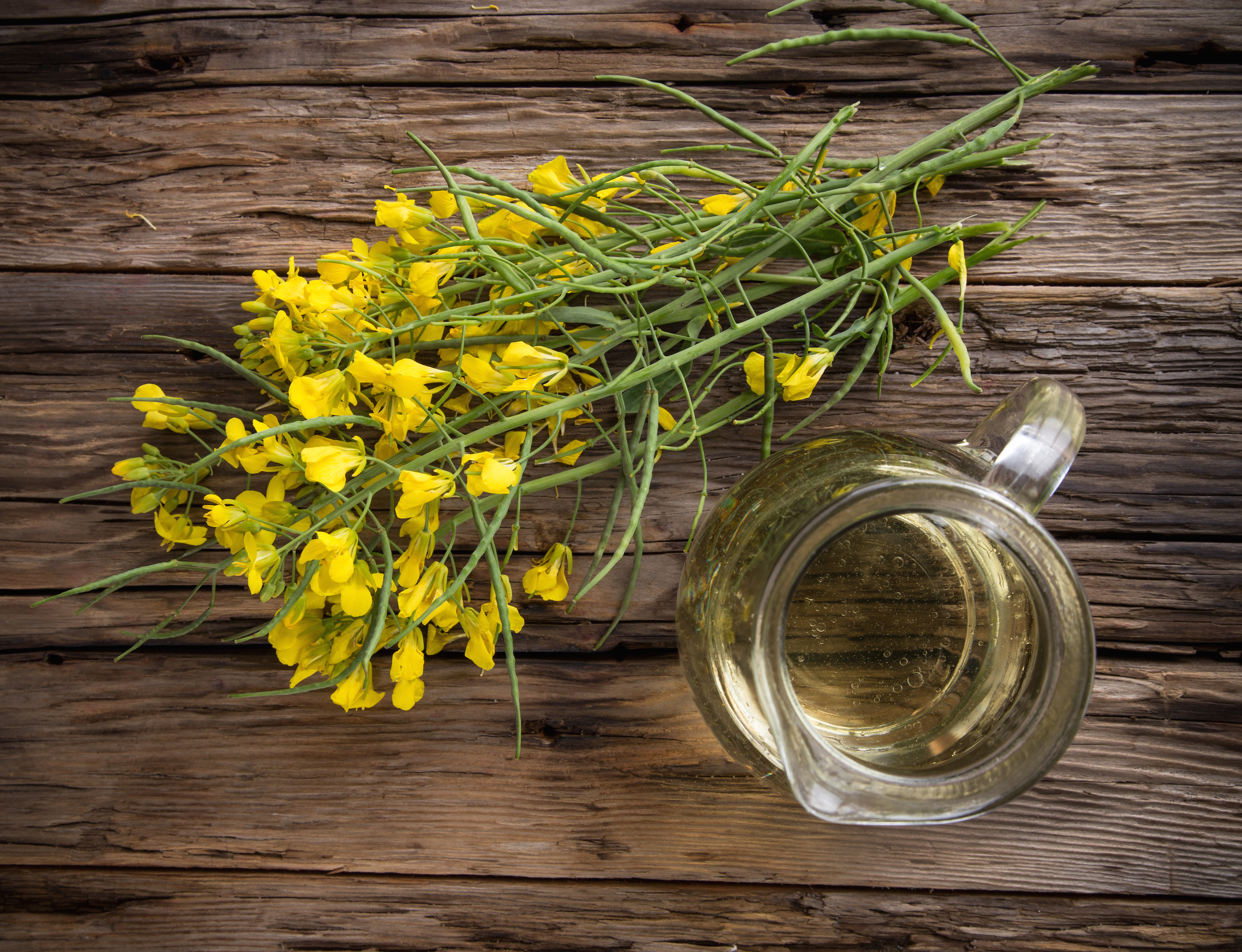
The greatest of all Evil Ingredients, she told us, was (gasp) canola oil.
Once she had schooled us on how destructive we were being to our bodies by the ingestion of all the Evil, she took her bowl of red wine outside and had a cigarette. I took her warnings with a pinch of non-iodised sea salt.
Important fact about me: when our friend told me how Evil canola oil was, it only made me determined to love it and eat more of it.
With that established, when my seven-year-old son asked me yesterday if canola oil was ‘okay’, I told him, in the way that ignorant, bullish oafs can when their hackles are raised and they have no information to go on, “Yes, son, it is. And the tree-huggers be damned.”
Another important fact about me: there’s little I detest more than the constant publication of the flawed research being done about what we’re putting into our bodies. It seems that everything is equally bad and good for you depending on what week it is and who’s paying for the science.
But with a seven-year-old reliant on me for guidance and wisdom, I suddenly felt compelled to look deeper and, perhaps for a change, provide some. I have now read many, many pages of online nonsense and watched at least four videos on the making of various oils. The only thing fried in our house at the moment is my brain.
There are two basic reasons the knit-your-own-yoghurt brigade (no offence) despise canola oil. First, most of it is genetically modified. I’m a dullard and have therefore not yet decided that GM = BAD necessarily. For many, many Wellingtonians, however, this will, in itself, be enough.
(Interesting fact: canola is the glamorous half-sister of rapeseed. Rapeseed oil is bad for you too, and for obvious reasons the folks in the rapeseed marketing division felt their job would be impossible. Then a crop of clever Canadians came up with a way of getting the bad stuff out of rapeseed so that the oil could still be used. They called it Canadian oil, or canola for short.)
Second, the process of getting oil from canola seeds involves the use of nasty chemicals. Okay, I admit it, this looks pretty bad. Bleaching and heating and dousing the oil in chemical cleaners so that it will look good enough to eat? Not cool, Canada.
The immediate follow-up question, though, is: are other oils processed the same way?
Vegetable oil, it turns out, might be just as bad. For a start, vegetable oil is almost entirely seed and nut oil, including canola.
For what it’s worth, having done a little digging, my take on it is this: if you’re happy to drink coffee and the occasional glass of wine, or eat a little chocolate from time to time or partake in a pretty pastry, then you are probably okay with the ‘everything in moderation’ philosophy. We know that these things are bad for us in large quantities, so we have them in little parcels. Likewise with oils. Drinking canola straight from the bottle is ill-advised, but a little in the frypan might be fine.
Tip: if you’re still worried, stick with sunflower and olive oils, and always cold-pressed varieties.
@stevejoll
Note to design: We need to find a way to get Twitter IDs at the end of columns.




